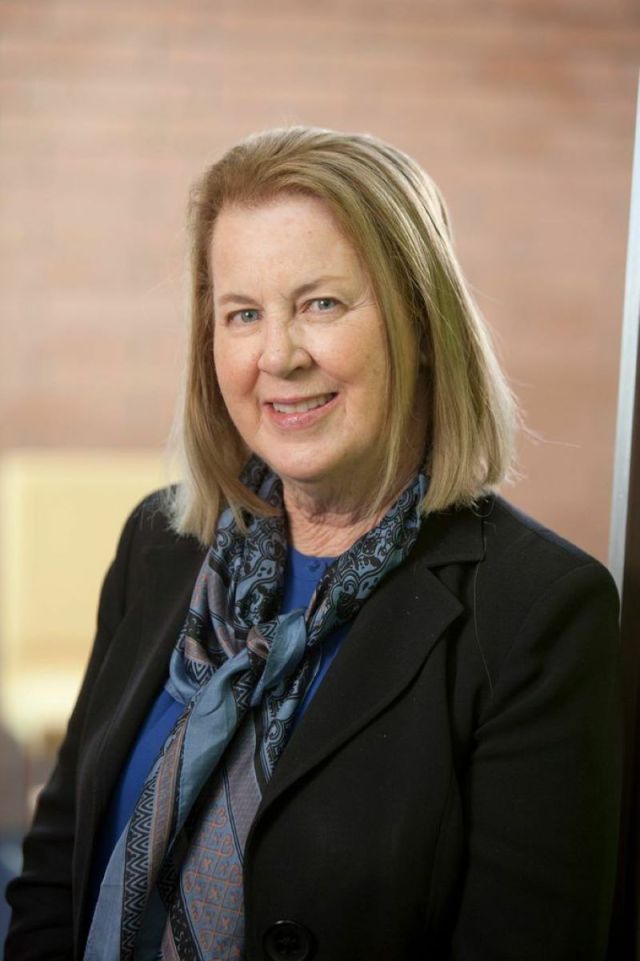Aging in America Lecture Series: Longer Life and Healthy Aging

Social and Biological Hallmarks of Aging: Implications for a Longer Healthy Life
Morbidity and mortality occur at younger ages for those with low lifetime socioeconomic status, adversity in childhood and adulthood, who are members of a minority group, who have adverse health behaviors, and those with adverse psychological states. These “Social Hallmarks of Aging” along with “Geroscience Hallmarks of Aging” reflect a set of underlying and interrelated social and biological causes of multiple age-related health outcomes. This lecture presents work incorporating the social hallmarks of aging with the multiple biological hallmarks of aging as well downstream biology to show how these factors interact to influence a range of health outcomes. This analysis shows the relative strength of the associations of social and biological measures with important health outcomes and points to where interventions will make the greatest impact on healthy aging.
Biography
Eileen Crimmins is the AARP Chair in Gerontology, and University Professor at the Davis School of Gerontology at the University of Southern California in Los Angeles. She co-directs the USC/UCLA Center on Biodemography and Population Health, the NIA sponsored Biomarker Network, and the Multidisciplinary Research in Gerontology Training Program at USC. She is a member of the National Academy of Sciences, the National Academy of Medicine, and fellow of the American Association for the Advancement of Science and the American Academy of Arts and Sciences. She received her PhD in Demography from The University of Pennsylvania. Crimmins’ research is in the area of factors promoting healthy aging and healthy life expectancy which examines the interaction of trends in life expectancy and population health. She has received the Kleemeier award for research from the Gerontological Society of America and the Matilda White Riley Distinguished Scholar Award from the Section on Aging and the Lifecourse of the American Sociological Society; and the Taeuber Award for research from the Population Association of America.